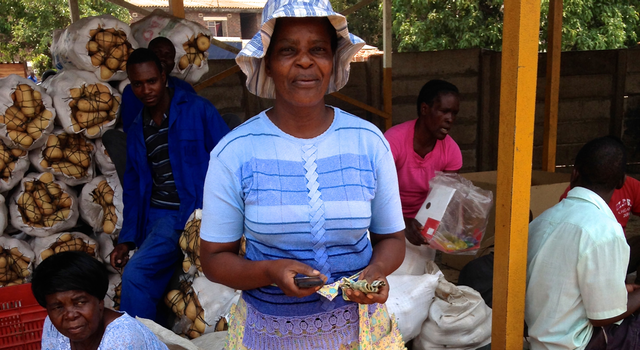
Economic Development in Africa
Since the early 2000s, the sub-Saharan African region experienced a profound economic transformation. The drivers of the region’s economic development are diverse, and include:
- Improved governance and policy reforms in many countries.
- Strong agricultural employment and profitable off-farm activities.
- Increased local and foreign direct investment.
- High global commodity prices.
- Widespread new technology innovation and adoption.
ICT Impact on Economic Development
Information and communication technology (ICT) investments are creating structural changes across the continent.
Many African economies are reorganizing around technology innovations and global information availability. This increases trade, capital flows, and economic development. ICT4D, artificial intelligence, geographic information systems, and other advanced technologies continue to rapidly transform the nature of work.
ICT programs to improve economic outcomes are often very dynamic, evolving through several stages of maturity during which the monitoring and evaluation needs of the intervention also change rapidly. These ICT4D program intervention stages include:
- Exploring the identified needs of constituents
- Developing the technical functionality and feasibility
- Deploying the technology solution with stakeholders
- Assessing user satisfaction with the deployed technology
- Evaluating the intervention’s effectiveness and attributable impact
- Calculating the key stakeholders’ “value for money”.
COVID-19 Economic Development Impact
COVID-19 is expected to cause massive economic disruption, exacerbating the effects of technological transformations.
Low-skilled, informal, and migrant workers are most at risk of being displaced through the looming coronavirus recession and the technological transformations of work. Yet with COVID-19 digital response, these transformations can present opportunities for new businesses and jobs.
- Small and new businesses can weather economic shocks, prosper, and create good jobs through access to capital, networks, and technology.
- Support workers can advocate for and access living wages, social safety nets, and financial security in order to prepare for, withstand, and recover from economic shocks.
- Workers can obtain technological and digital literacy as well as the durable skills needed to stay apace with the changing job market and economic downturns.
ICT4D Economic Development Programs
There are many examples of ICT4D economic development programs increasing jobs and wealth in developing countries. Here are examples of digital solutions to Africa countries’ economic problems from international development and humanitarian relief organizations.











